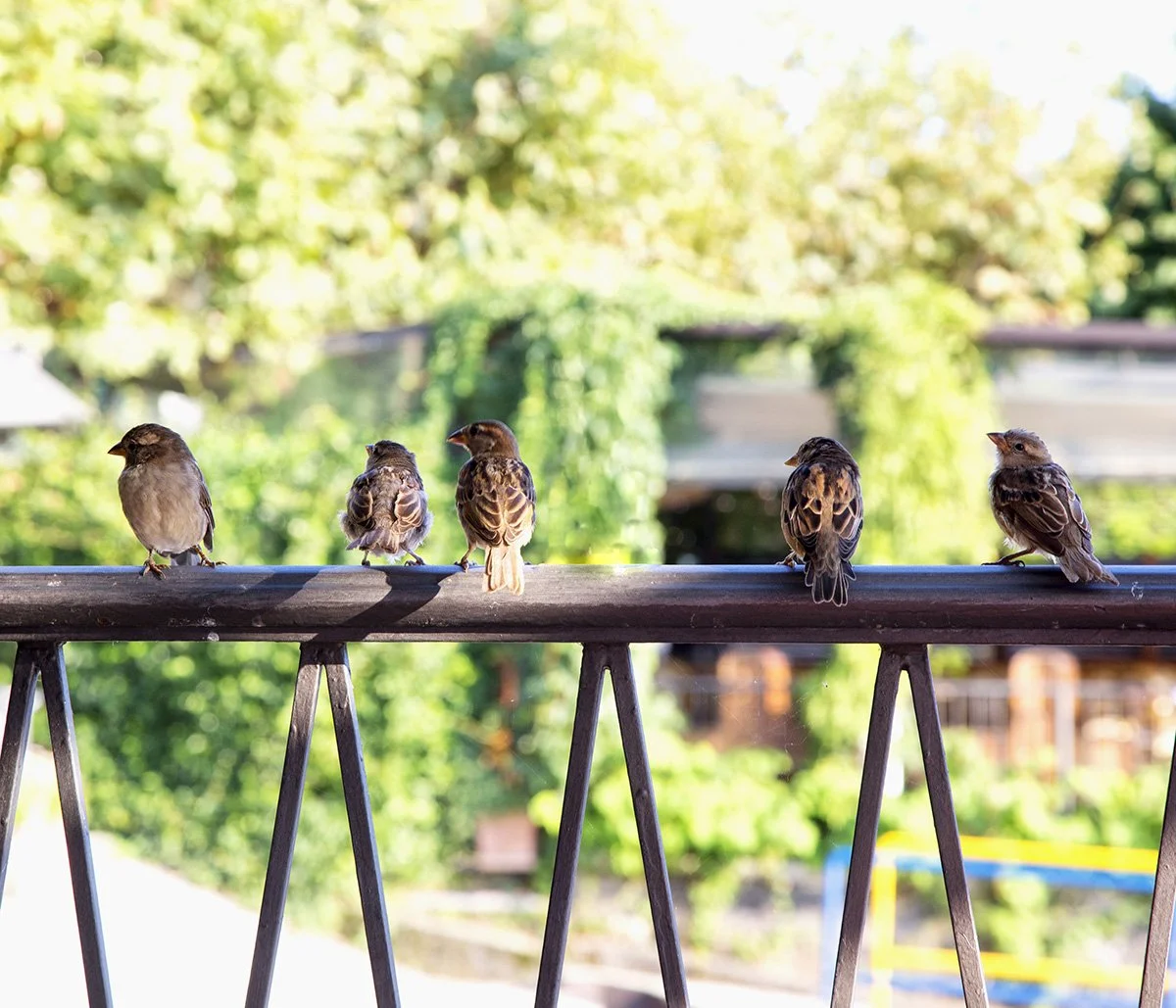

















Click the arrows on the main image to view additional images.
Having recently returned from walking the Camino de Santiago I am often asked the same questions. How was it? Great! Challenging. Inspiring. Tiring. How are your feet? Healing well, thanks be to God. How far did you walk? Over 80 miles in six days. These questions are easy to answer. But when I’m asked, What did you learn? I pause. Truth be told, I’m still processing. The last few days at home, I’ve been pretty quiet. Contemplative.
When I agreed to the trip, I knew it was in part to prepare to lead a group of our own. So there was a work aspect there. But then there was the personal too. I assumed I’d process some of my loss over the past 1.5 years. I also thought I’d plan for the next year of ministry. Somehow that did not happen, even when walking 8 hours a day. So what did happen? Perhaps for the first time in a very long time, I simply allowed myself to exist in the present.
It didn’t start that way. The first day we planned to walk 18 miles. I was anxious and unsure if I could walk that far. For the first 45 minutes of walking I had to talk myself down and just focus on one step at a time rather than the entire journey ahead of me. Eventually I fell into a rhythm. One step. One step. Before I knew it, I had reached the 5 mile mark. Maybe I could do this. It’s freeing ‘to let go’ of the finish line and instead focus on the journey. When I did, I discovered I also released self doubt and fear of failure. In the end, I proved to myself that I could do it.
By day four I learned another valuable lesson. I’m not alone on this walk. I know that sounds obvious but let me explain. It’s easy to focus solely on yourself. On packing just enough water and snacks that you need so your pack isn’t too heavy. On getting your own two feet to the finish line so you can finally get those sore feet elevated. But when that’s all you’re thinking about, you forget there are others on the journey alongside you. Yes, their journey is their own–but they are on the Good Way too. And they might need your company or help. And you might need theirs.
Blessed are you, pilgrim, if you discover that a step back to help another
is worth more than a hundred steps forward without looking at your side.
~From The Pilgrim Beatitudes
I’m still processing. But these two lessons I carry with me now:
I can't change the past and I can’t predict the future. So how do I live today? I’ve missed a lot of God’s beauty around me and I’ve robbed a lot of people of my presence because I’m dwelling everywhere else but here and now.
How do I recognize and honor the humanity of those around me? We are all on a journey through this life. As Christians we journey together in faith–wrestling, doubting, celebrating, hoping. We were created by a Triune God to live within the blessings of community. So yes, carrying extra snacks might weigh you down, but it might be the sustenance your fellow pilgrim needs. And yes, slowing your pace to the finish line might delay your arrival, but it means you aren’t celebrating that arrival alone.
Blessed are you, pilgrim, if what worries you most is not arriving, but arriving with others.














